Introduction
The Healthiest Diet for a German Shepherd Dog is crucial for a vibrant
- If you’ve wondered about the best foods for your German Shepherd, you’re not alone
- Many pet owners question what makes a healthy diet for their beloved dogs
- This guide provides expert advice on choosing the right ingredients
- Discover how to fuel your German Shepherd's health and happiness with the perfect diet
1. Understanding the Nutritional Needs
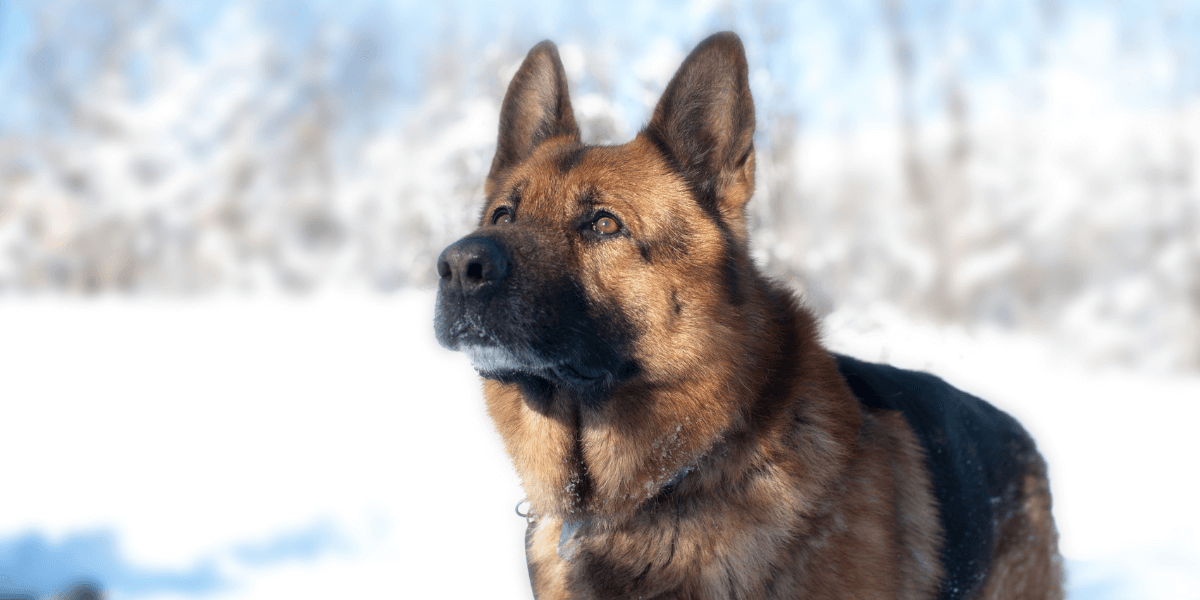
- Proteins: Essential for muscle development and overall health
- Fats: Provide energy and support skin and coat health
- Antioxidants: Help combat oxidative stress and support overall cellular health
- Water: Essential for hydration and maintaining bodily functions
- Fiber: Supports digestion and helps prevent gastrointestinal issues
- Carbohydrates: Supply energy and aid in digestive health
- Vitamins and Minerals: Crucial for immune system function and bone health
2. Choosing High-Quality Dog Food

When selecting the best food for your German Shepherd, consider.
- Ingredients List: The first ingredient should be a high-quality protein source
- Avoid Fillers: Steer clear of foods with excessive fillers like corn or soy
- Transparency: Choose brands that provide clear information about ingredient sourcing
- Check for Recalls: Ensure the brand has a clean record with no recent recalls
- AAFCO Approval: Look for foods that meet the standards set by the AAFCO
- Brand Reputation: Opt for brands with a history of quality and safety
3. Home-Cooked vs. Commercial Dog Food
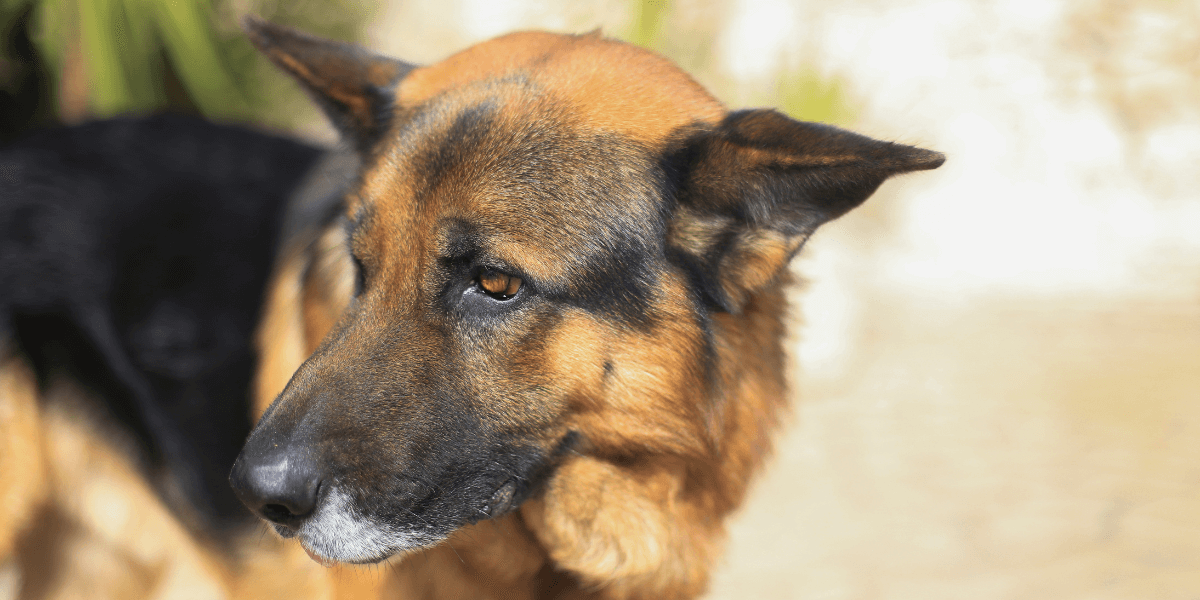
The debate between home-cooked meals and commercial dog food is ongoing.
-
Home-Cooked Meals: Allows for complete control over ingredients
- Pros: Fresh, customizable, and free of preservatives
- Cons: Time-consuming and potentially unbalanced without proper guidance
-
Commercial Dog Food: Convenient and specially formulated to meet all nutritional needs
- Pros: Convenient, balanced, and backed by research
- Cons: Can contain fillers or by-products; quality varies by brand
4. Portion Control and Feeding Guidelines
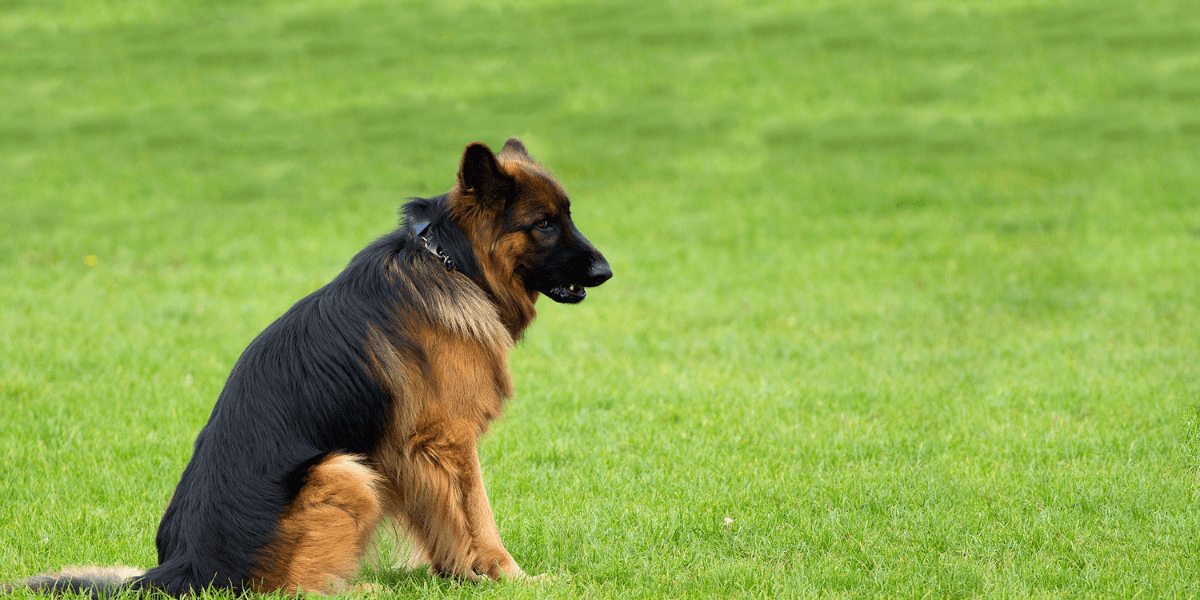
Overfeeding or underfeeding can lead to health issues.
- Follow the Label: Adhere to the serving size recommendations on your dog food packaging
- Measure Food: Use a measuring cup to ensure accurate portion sizes
- Avoid Free-Feeding: Prevent overeating by not leaving food out all-day
- Treats Count: Include treats in the total daily caloric intake to avoid overfeeding
- Monitor Weight: Adjust portions based on your dog’s weight and activity level
- Regular Meals: Establish a consistent feeding schedule with two to three meals per day
Portion control is key to keeping senior German Shepherds healthy and managing weight.
5. Managing Food Allergies and Sensitivities
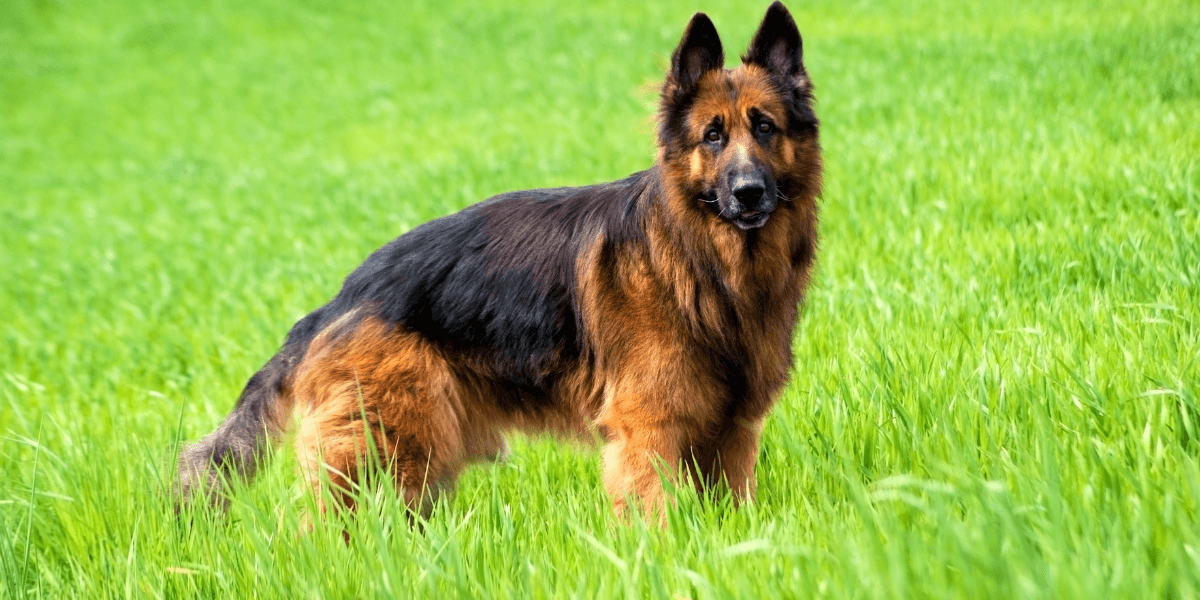
Some German Shepherds may develop food allergies or sensitivities.
- Digestive Issues: Vomiting, diarrhea, or gas
- Elimination Diet: Try removing suspected allergens one at a time to identify triggers
- Consult a Vet: Seek professional advice for proper diagnosis and treatment
- Skin Problems: Itchy skin, rashes, or ear infections
- Track Symptoms: Keep a detailed log of symptoms and diet changes to aid in diagnosis
- Gradual Changes: Introduce new foods gradually to minimize adverse reactions and monitor the effects
- Behavior Changes: Increased irritability or lethargy
For comprehensive guidance on identifying and addressing these issues, refer to this article.
6. Supplements and Special Diets
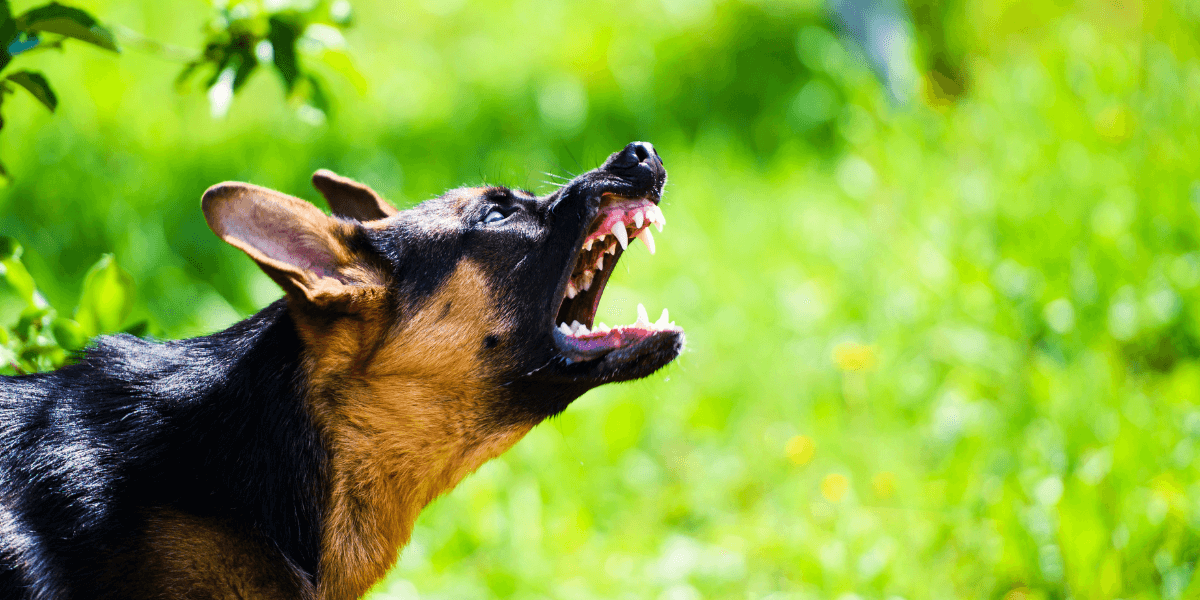
Supplements and Special Diets for The Healthiest Diet for a German Shepherd Dog.
- Joint Health: Supplements like glucosamine and chondroitin support joint health
- Dental Health: Supplements like dental chews can help maintain oral hygiene and reduce tartar
- Weight Management: Special weight-control diets can help manage obesity and maintain a healthy weight
- Digestive Aids: Probiotics can aid in digestion and gut health
- Skin and Coat Support: Omega-3 fatty acids can improve coat condition and reduce inflammation
- Senior Diets: Special formulations are available for older dogs with specific needs
Learn how the right diet and supplements can improve your dog's health and happiness.
7. Regular Check-Ups and Diet Adjustments
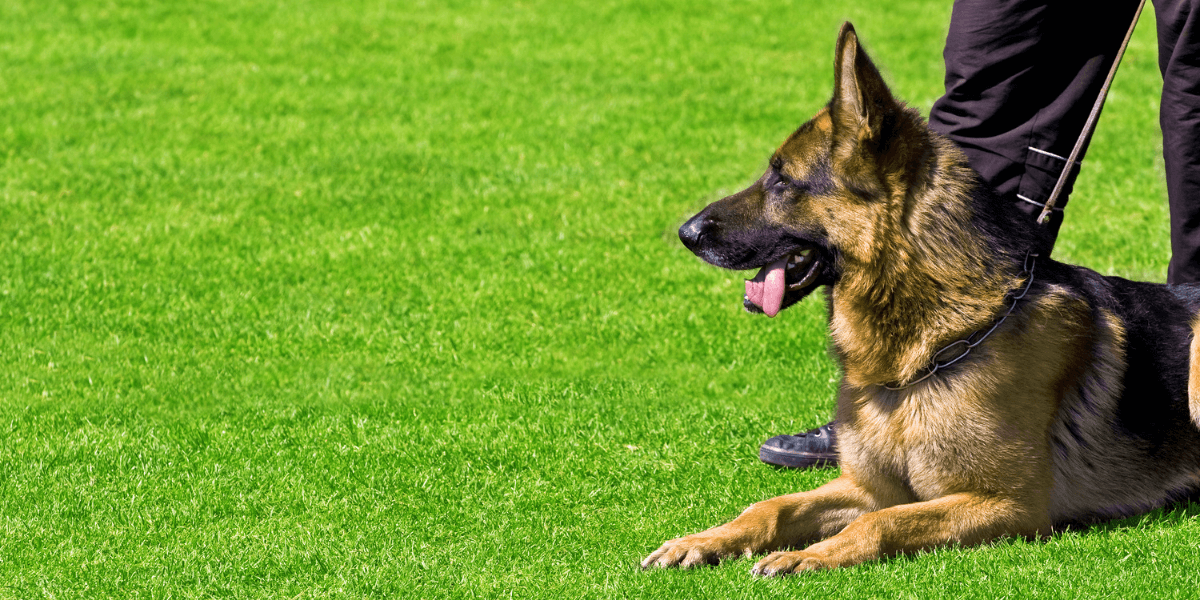
Regular veterinary check-ups are essential for maintaining your German Shepherd’s health.
- Routine Exams: Ensure your vet monitors your dog’s weight, overall health, and dietary needs
- Monitor Response: Track how your dog responds to dietary changes and consult your vet if issues arise
- Specialist Consultation: For complex health issues, consider a veterinary nutritionist for tailored advice
- Blood Tests: Regular blood work can help detect nutritional deficiencies or health issues
- Nutritional Reviews: Periodically review and adjust the diet with your vet to meet evolving needs
- Adjustments: Modify your dog’s diet based on age, weight changes, and health conditions
FAQs
1. What should I include in my German Shepherd's diet?
- Proteins and essential vitamins for The Healthiest Diet for a German Shepherd Dog
2. How much should I feed my German Shepherd daily?
- Follow portion guidelines based on age, weight, and activity level
3. Is grain-free food better for German Shepherds?
- Not necessarily; focus on balanced, high-quality ingredients
4. Can I give my German Shepherd table scraps?
- Avoid table scraps; stick to balanced dog food to prevent obesity
5. Should I feed my German Shepherd puppy differently?
- Yes, provide puppy-formulated food with higher protein for growth
6. How often should I change my German Shepherd's diet?
- Change diets gradually; consult a vet for any significant changes
7. Are there specific foods to avoid for German Shepherds?
- Avoid foods with fillers, artificial additives, and toxic ingredients
Conclusion
- The Healthiest Diet for a German Shepherd Dog boosts their energy and vitality
-
Choose high-quality food for your German Shepherd's balanced nutrition
-
Include protein sources to support muscle development and overall health
-
Adjust portion sizes to prevent obesity and maintain a healthy weight
-
Add essential vitamins and minerals for optimal health and longevity
-
Consult your vet to tailor the diet to your German Shepherd’s specific needs
Join our community by subscribing to our newsletter for more tips and advice!
References
- The Best Joint Supplements for Dogs with Hip and Joint Pain
- What is the Best Food for a German Shepherd?
- The Healthiest Diet for a German Shepherd Dog
- German Shepherd Diet in Summer
Discover The Healthiest Diet for a German Shepherd Dog to ensure their well-being!




